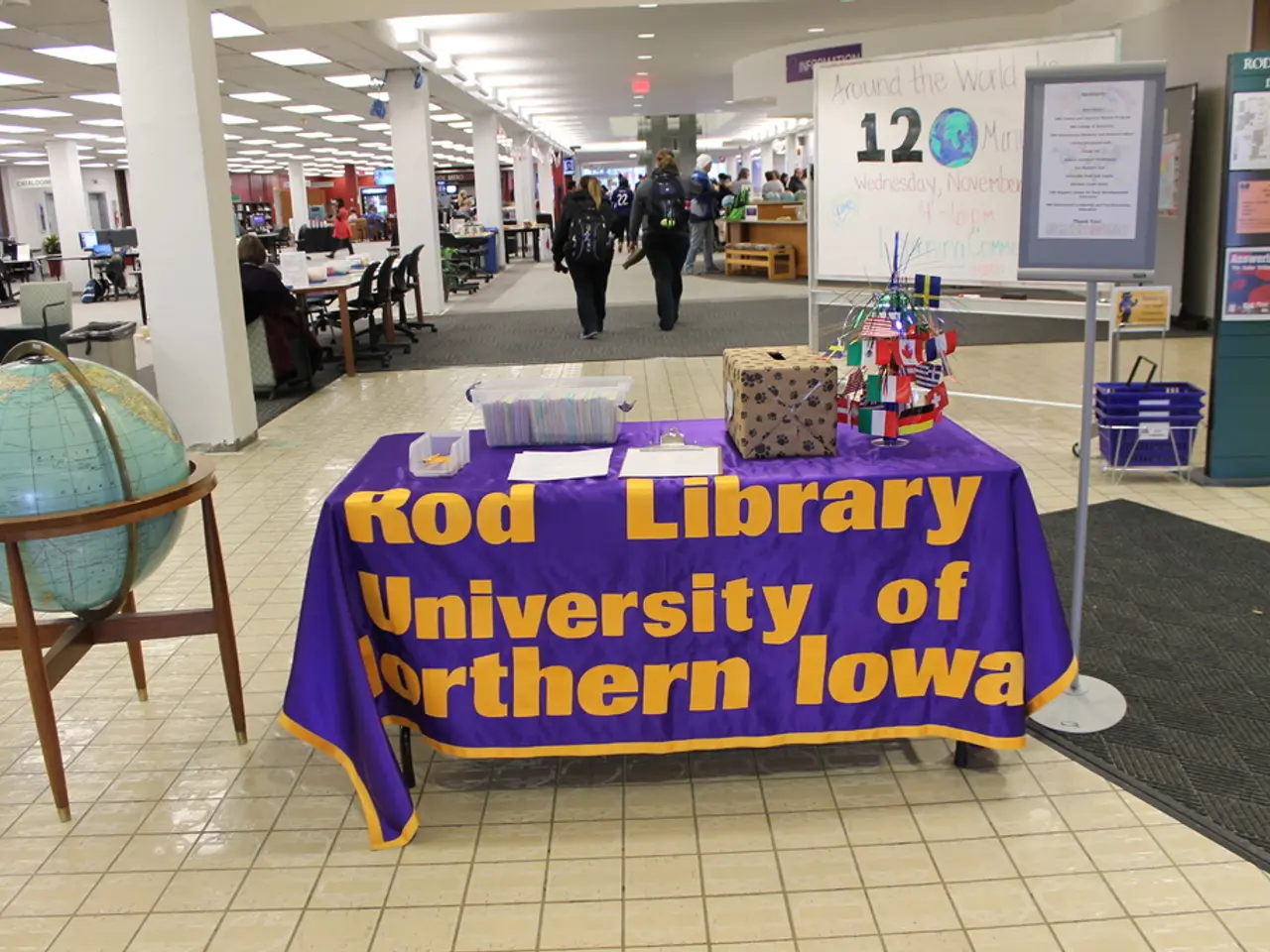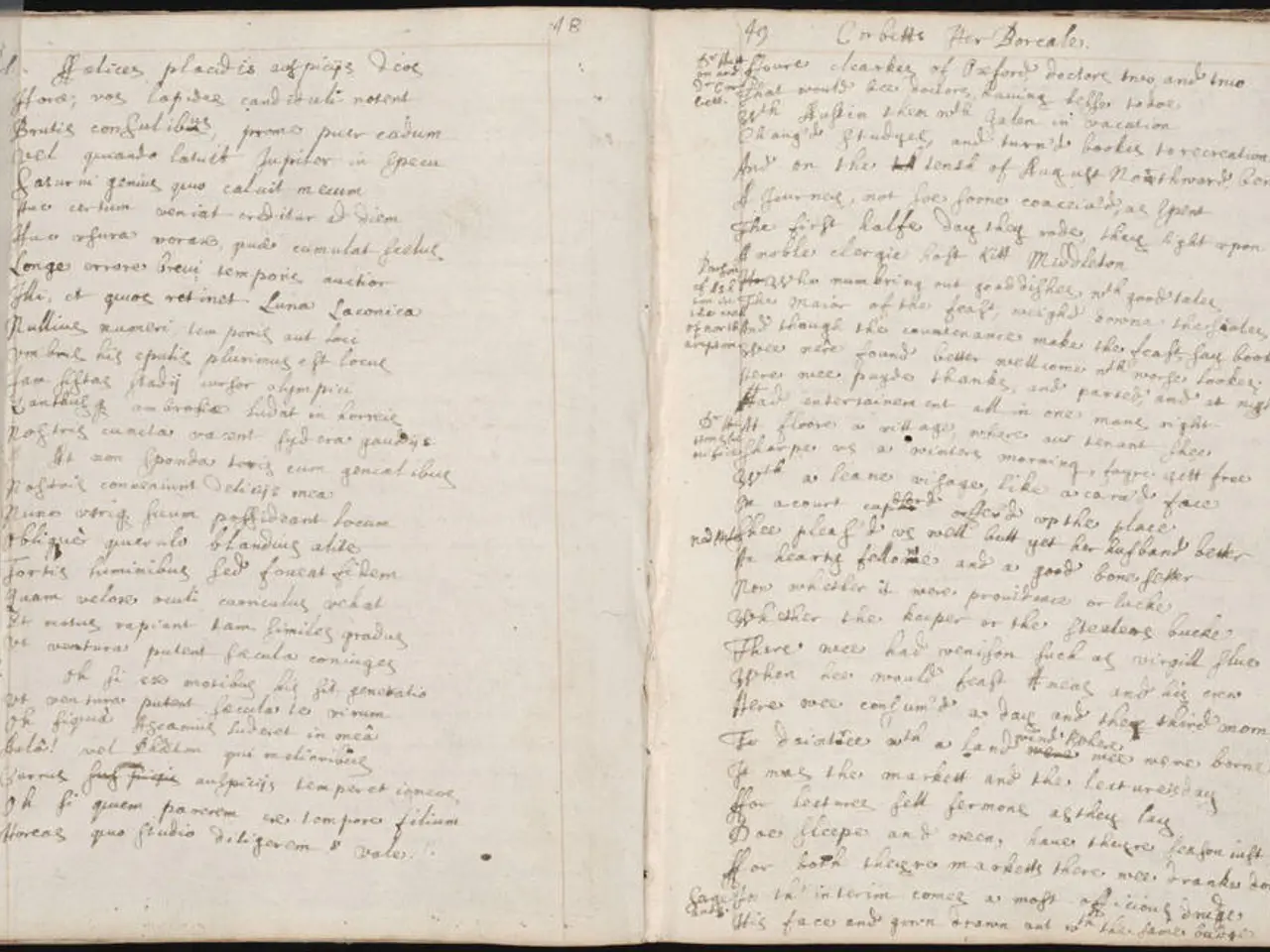Program Implementation Task Assigned to the Commission
In a unique educational initiative, the European Politics Simulation Game titled "Fortress Europe?" was organised by the city's European representative, Anna-Lena Beilschmidt, in collaboration with the Central Agency for Political Education, on February 28, 2024. The event, held at the Theodor-Heuss-Gymnasium, saw the participation of eleventh-grade students who were welcomed by Mayor Frank Fillbrunn before the simulation commenced.
The simulation aimed to provide students with a playful yet insightful approach to understanding Europe and EU politics. Through this immersive experience, students learned about the European legislative process while assuming roles such as heads of state, government, interior ministers, journalists, and EU commission representatives.
During the morning, the students spent hours in discussions and negotiations, aiming to develop their own solution for European asylum and refugee policy. The simulation provided them with a firsthand experience of the challenges of uniting the interests of all EU member states in a single law.
The students found the simulation enlightening, with many expressing a newfound understanding of the complexity of the European Union. Mayor Fillbrunn echoed this sentiment, expressing hope that the playful engagement with EU politics would encourage the students to shape the future of Europe with their vote in the upcoming European elections in June.
The simulation offered a dynamic and engaging learning environment that fostered active participation, empathy, and perspective among the students. By simulating real-world political situations, students gained a deeper understanding of the dynamics and challenges within the EU, helping them appreciate the complexity of EU politics.
The simulation also encouraged critical thinking, policy analysis, and international cooperation among the students. By working collaboratively, representing different EU member states or institutions, students developed an understanding of negotiation strategies and the political interdependencies within the EU.
Teacher Herr Schütze and the students were content with the result of the simulation, with the majority of the students present in the simulation being eligible to vote in the upcoming European elections. The European representative expressed hope that the students now have a better understanding of how EU politics works and the available levers.
This type of simulation game can significantly enhance students' understanding and participation in EU politics by providing a realistic and interactive learning environment. While specific research on the "European Politics Simulation Game" is not provided, the general benefits suggest that such games can boost students' intrinsic motivation, self-efficacy, and critical thinking skills, ultimately fostering a lasting interest in EU politics.
The European Politics Simulation Game offered the students a unique opportunity to delve into the world of education-and-self-development, as they gained valuable insights into politics and general-news through an immersive, interactive experience. The simulation, by fostering critical thinking, policy analysis, and international cooperation, aimed to encourage the students to apply their newfound knowledge in shaping the future politics of Europe.




